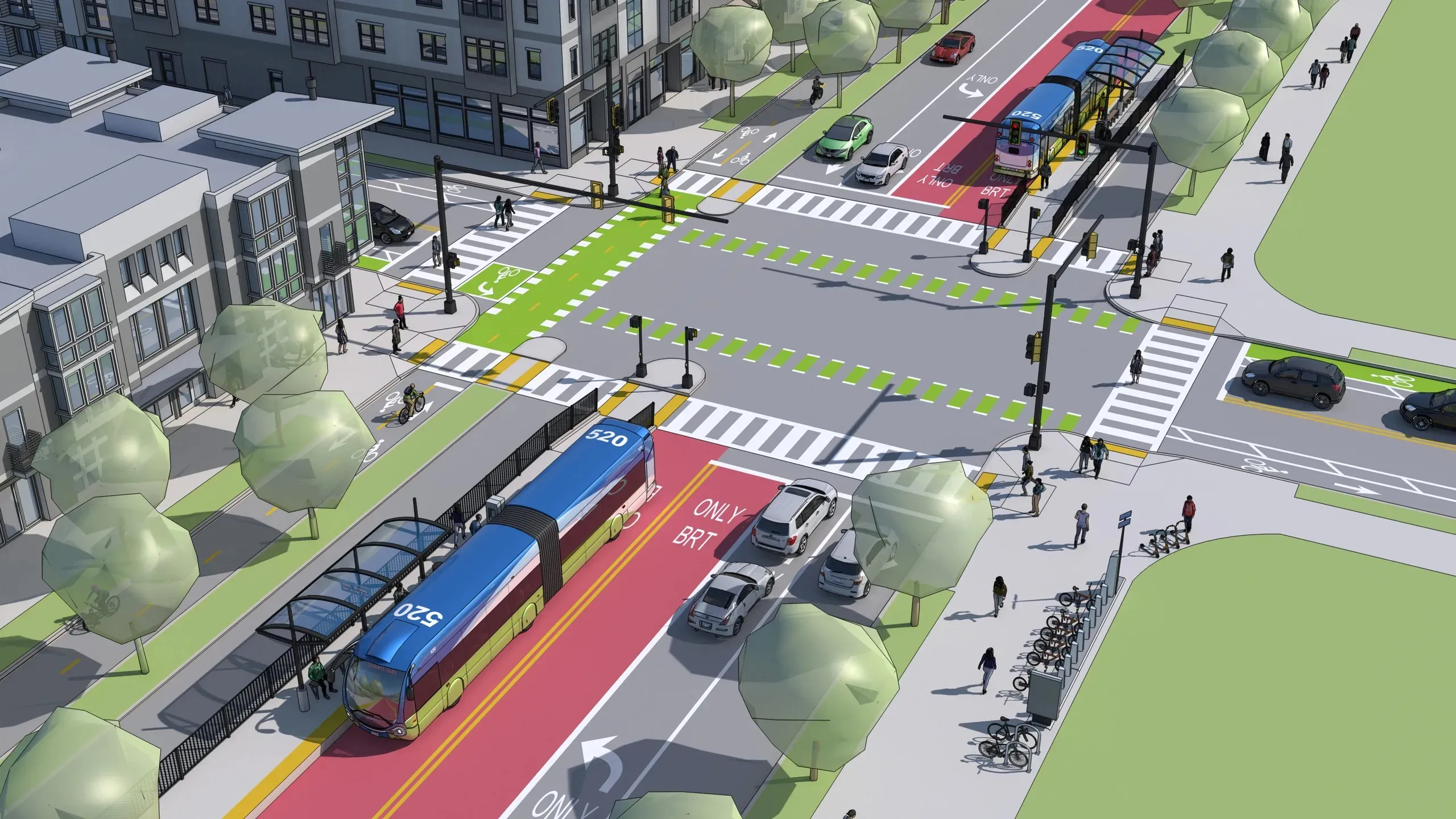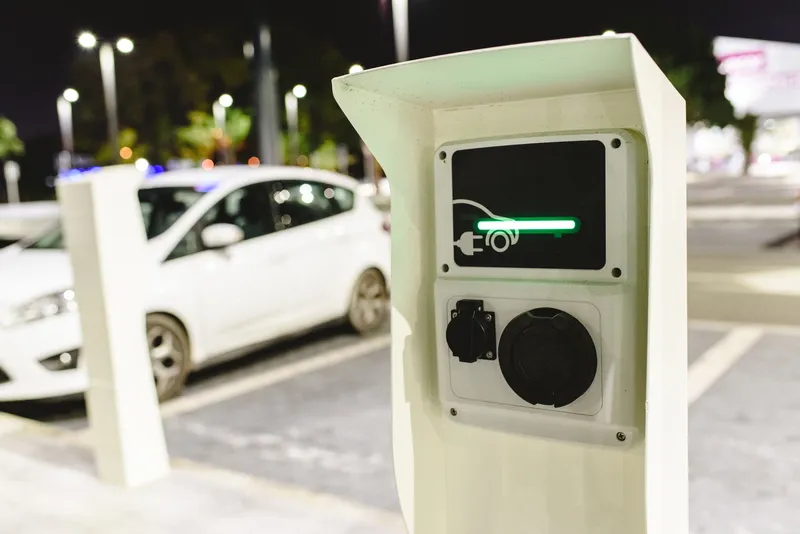
Residents in the central Ohio region of the US will be voting on funding for LinkUS, a planned major rapid bus transportation development.
LinkUS was announced in 2020 and aims to create up to five rapid transit high-capacity corridors to support the metropolitan population of Columbus, the capital of - and largest city in - Ohio.
The initiative is a collaboration between the Central Ohio Transit Authority (Cota), the city of Columbus and the Mid-Ohio Regional Planning Commission. City officials aim for projects similar to the city of Indianapolis's Red Line, a bus rapid transit (BRT) line.
Cota is not asking for an increase in the overall sales tax. It is requesting that it gets double its portion of the tax, rising from 0.5% to 1%. On a $100 purchase, that would mean an extra 50 cents in sales tax for Cota.
The chance to vote will be on ballots in the central Ohio region for the 5 November US general election. If approved by voters, the ballot measure would provide an estimated $6 billion in new revenue by 2050 to support LinkUS, the authority said.
According to the Greater Ohio Policy Center, an independent policy think tank based in the city of Columbus and focused on sustainable urban planning, the added 0.5% sales-tax increase would be dedicated to building out the BRT lines, where larger buses would have dedicated rights-of-way and passengers would board at stations.
The existing 0.5% sales tax would continue to fund general Cota operations and the region's bus system. Cota already operates a modified and limited BRT system called the CMAX.
The $6 billion generated from the sales tax would aid Cota’s effort to raise matching federal money resulting from the Bipartisan Infrastructure Law.
The Columbus Dispatch newspaper reported that the 0.5% additional sales tax would help build more than 500 miles of sidewalks, bike paths and greenways as part of the LinkUS project. It would allow for new Cota on-demand vehicles for all of Franklin County - giving users a trip on smaller Cota vehicles anywhere in the county for $3, similar to Lyft and Uber services.







